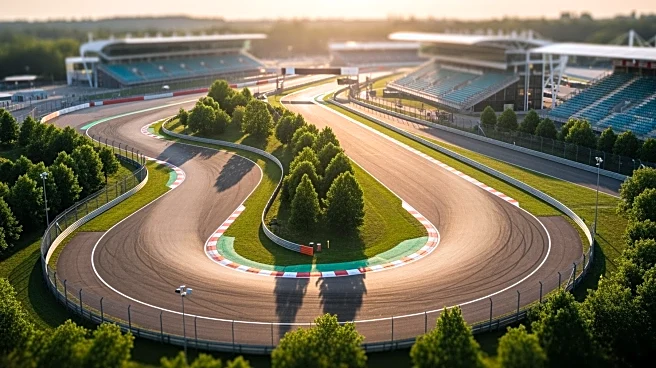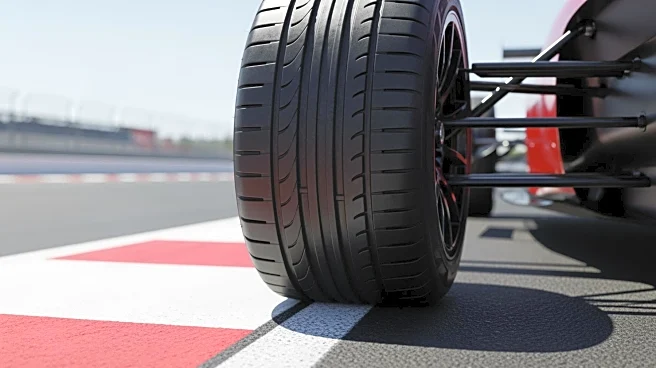By Yimou Lee and Ben Blanchard
TAIPEI (Reuters) -Taiwan does not seek conflict with China and will not provoke confrontation, but Beijing's "aggressive" military posturing is counterproductive, Vice President
Hsiao Bi-khim said on Friday.
China considers democratic Taiwan as part of its own territory and calls President Lai Ching-te a "separatist". Taiwan's government disputes China's claim.
Speaking to the Taiwan Foreign Correspondents' Club in the capital Taipei, Hsiao said Chinese pressure on Taiwan had escalated over the past few years but that the island's people were peace-loving.
"We do not seek conflict; we will not provoke confrontation," she said, reiterating Lai's offer of talks between Taipei and Beijing.
For decades, Taiwan's people and business have contributed to China's growth and prosperity, which has been possible only in a peaceful and stable environment, Hsiao added.
"Aggressive military posturing is counterproductive and deprives the people on both sides of the Taiwan Strait of opportunities to pursue an agenda of growth and prosperity," she said.
"Defending the status quo (with China) is our choice, not because it is easy, but because it is responsible and consistent with the interests of our entire region."
In 2023, China put sanctions on Hsiao for the second time, but they have little practical effect as senior Taiwanese officials do not travel to China and Chinese law has no jurisdiction on the entirely separately governed island.
Lai has repeatedly offered talks with China, but has been rebuffed. China has staged at least six rounds of major war games around Taiwan since 2022.
In Beijing, Chinese Foreign Ministry spokesperson Lin Jian said that whatever Taiwan's governing Democratic Progressive Party said or did, both sides of the strait belonged to "one China".
Taiwan, a major semiconductor producer, is facing another international challenge at the moment - tariff talks with the United States.
Taiwan remains in negotiations with Washington, following U.S. President Donald Trump's April announcement that the island would be subject to a 32% tariff, which was subsequently suspended to facilitate talks.
"With the United States, our negotiators are literally working around the clock to strive to reach an agreement on reciprocal tariffs to achieve trade balance while also promoting further bilateral cooperation in technology, investments and other areas," Hsiao said.
Hsiao is Taiwan's former de facto ambassador to Washington, and a fluent English speaker with deep ties in the U.S. capital.
(Reporting by Yimou Lee and Ben Blanchard; Additional reporting by Colleen Howe in Beijing; Editing by Saad Sayeed and Timothy Heritage)










